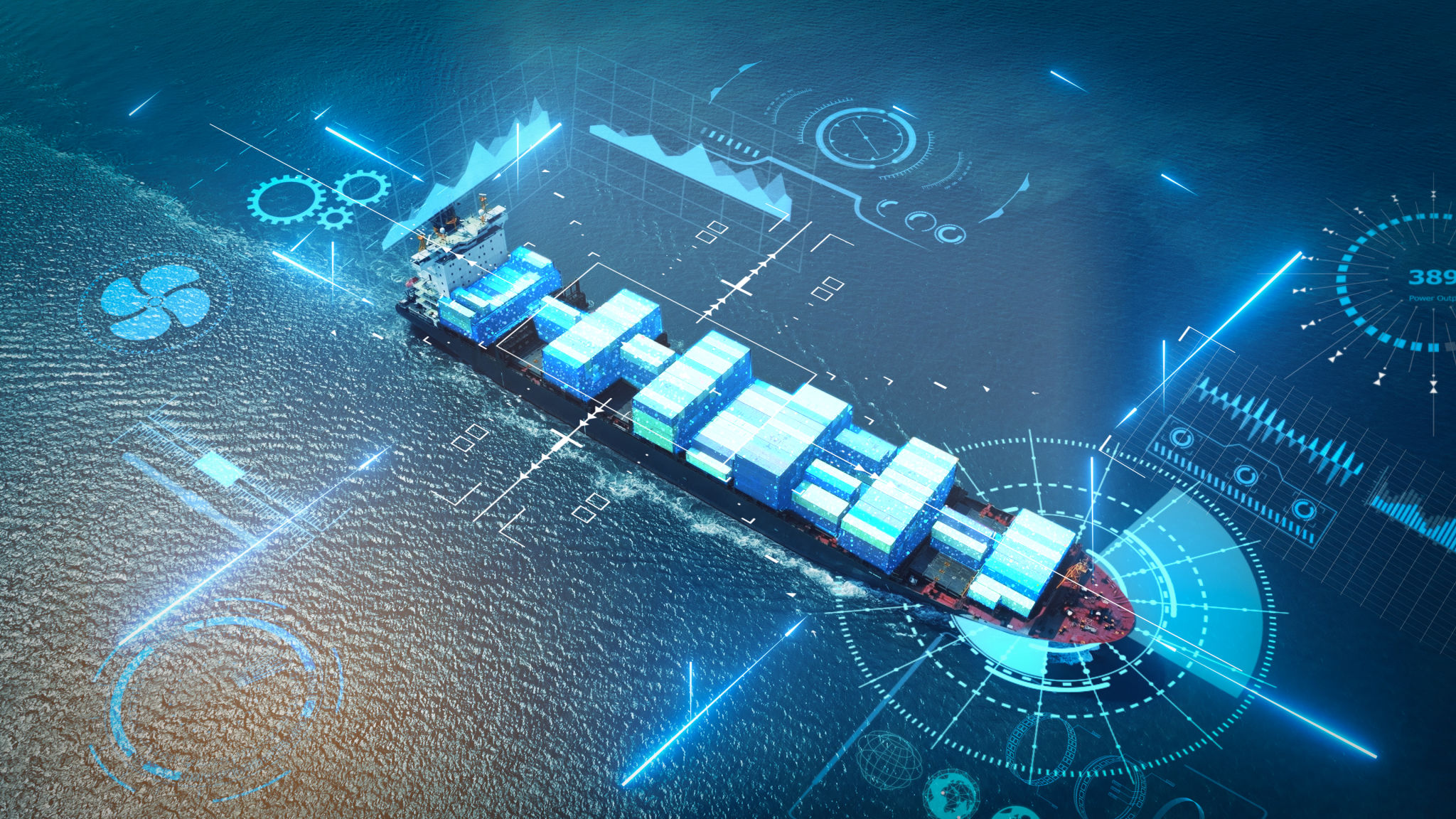Top Innovations in Marine Solutions: Enhancing Efficiency and Performance
Introduction to Marine Innovations
The marine industry has always been at the forefront of embracing new technologies to enhance operational efficiency and performance. With a growing emphasis on sustainability and cost-effectiveness, recent innovations in marine solutions are reshaping the way vessels operate. These advancements not only promise improved fuel efficiency but also ensure a reduced environmental footprint.

Sustainable Propulsion Systems
One of the most significant innovations in marine solutions is the development of sustainable propulsion systems. These systems focus on reducing fuel consumption and minimizing emissions. From hybrid propulsion systems that combine traditional and electric power to fully electric ships, the move toward greener alternatives is undeniable.
Companies are investing in research and development to create engines that utilize alternative fuels like liquefied natural gas (LNG) and hydrogen. These fuels are not only more environmentally friendly but also offer cost savings in the long run. As regulations become stricter, such innovations will be crucial in meeting international standards.
Advanced Hull Designs
Hull design plays a critical role in a vessel's efficiency and performance. Recent advancements have introduced hydrodynamic designs that significantly reduce drag and improve speed. These designs are inspired by nature, utilizing biomimicry to enhance performance while reducing fuel consumption.

Additionally, the use of composite materials has transformed hull construction. These materials are lighter yet stronger, allowing ships to carry more cargo without compromising on speed or stability. The combination of innovative design and materials is paving the way for more efficient maritime operations.
Smart Navigation Systems
Navigation systems have seen remarkable advancements with the integration of artificial intelligence and machine learning. Modern ships are equipped with smart navigation solutions that provide real-time data on weather conditions, sea currents, and optimal routing. This leads to safer voyages and optimizes fuel usage by selecting the most efficient routes.
Furthermore, these systems can predict maintenance needs, thereby reducing downtime and improving overall fleet management. The use of IoT (Internet of Things) in navigation is enhancing connectivity, enabling seamless communication between ship and shore.

Autonomous Vessels
The concept of autonomous vessels is no longer a distant dream but a reality being tested on waters across the globe. These unmanned ships are equipped with cutting-edge technology that allows them to operate independently, making decisions based on pre-programmed algorithms and real-time data analysis.
Autonomous vessels hold the promise of reducing human error, enhancing safety, and lowering operational costs. While widespread adoption is still a few years away, the technology continues to evolve rapidly, signaling a transformative shift in maritime operations.
Conclusion
The marine industry is undergoing a technological revolution that promises to enhance efficiency and performance while prioritizing sustainability. From sustainable propulsion systems to autonomous vessels, these innovations are setting new standards for maritime operations. As technology continues to evolve, the future of marine solutions looks promising, with endless possibilities for innovation and improvement.